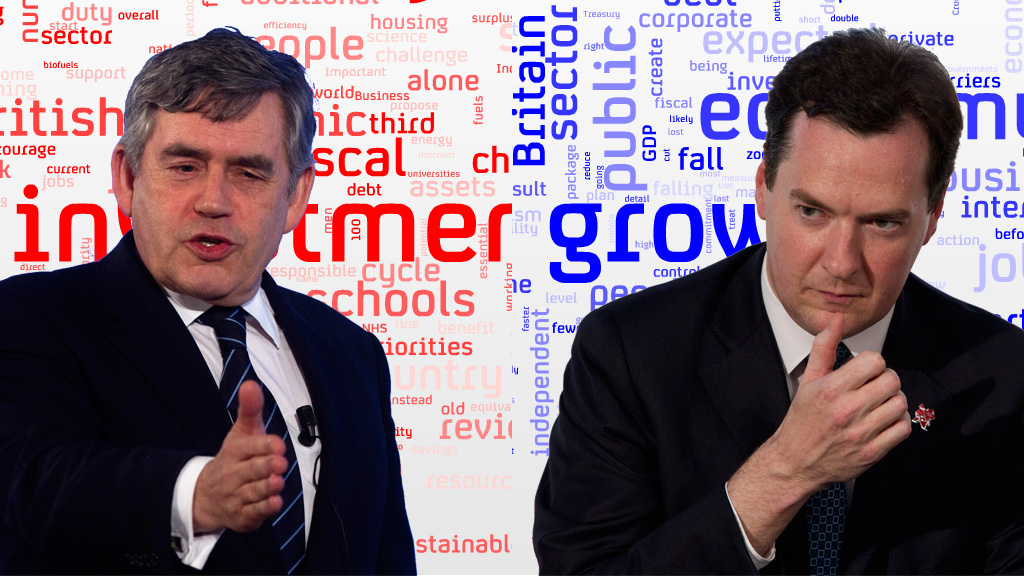Autumn statement: from ‘stability’ to ‘problems’
“Stability is our foundation” said Gordon Brown in 2006 as he gave an autumn statement predicting future years of sustained economic growth – but a lot has changed since then.

Gordon Brown’s autumn statement to parliament, two years before the collapse of investment bank Lehman Brothers, celebrated the 38th consecutive quarter of economic growth, and predicted the trend would continue into its “39th and 40th quarters and beyond”. He also confined the years of “boom and bust” to the annals of Tory history.
Six years later and the past is a very different place, and an analysis of autumn statements over the years show that they certainly say things differently there.
2006
The most commonly used words in Mr Brown’s autumn statement were “investment”, “education” and “more”. Initiatives were being set out to protect the UK’s scientific industries and education against the growing economic powers of India and China.
There was a heavy focus as well on “Britain”, an island outperforming many of its economic rivals.
(Click on the image below to be taken to the Snowcloud, then hover over the words to find out how many times they were used, or click on them to find them in the statement.)
2010
Fast forward four years, and in George Osborne’s first autumn statement as Chancellor a different tone has been adopted. The focus is less on new initiatives, but on “growth” and “employment”.
There is less of a focus on “Britain” and more discussion of the country in relation to its European and international counterparts. Words such as “stability” and “rebalancing” repeatedly crop up, as well more negative words such as “unemployment”, “recession” and “deficit”.
2012
And so to Mr Osborne’s latest autumn statement, and language that has plummeted further into negative territory. The most commonly used word, at 24 times, is “deficit”, but other indicators of economic troubles appear frequently. “Problems” is used 13 times and “cut” is used 12 times.
There is a heavy focus on “people” and “work” in a budget that the chancellor said was aimed at making the welfare system more fair, so that those who work are not losing out to those who don’t.


